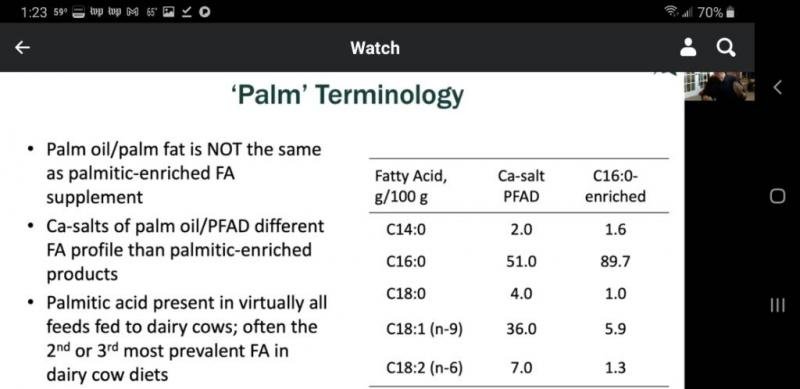Cooking Goddess
Chef Extraordinaire
A while ago back during warmer weather (remember "warmer weather", northern friends?), Himself noticed several pats of butter in a prep bowl along with numerous other ingredients I would need for making bread the next day. He asked why it was there. I mentioned that it seems to take forever for butter to soften, and not even getting as soft as it used to. He found out t hat there is now an explanation for that, courtesy of an interview NPR's Ari Shapiro had with a food researcher from a Canadian university. If you want to listen to the interview, click here: https://one.npr.org/?sharedMediaId=971910738:971912666
If you would prefer reading through the transcript, click here: https://www.npr.org/2021/02/26/9719...s correct.,or 18 countries, including America.
The quick summary is that palmitic acids are being added to the cows' feed. For details, read or listen above.
If you would prefer reading through the transcript, click here: https://www.npr.org/2021/02/26/9719...s correct.,or 18 countries, including America.
The quick summary is that palmitic acids are being added to the cows' feed. For details, read or listen above.



 So, did you even read it?
So, did you even read it?  I've got my priorities.
I've got my priorities.